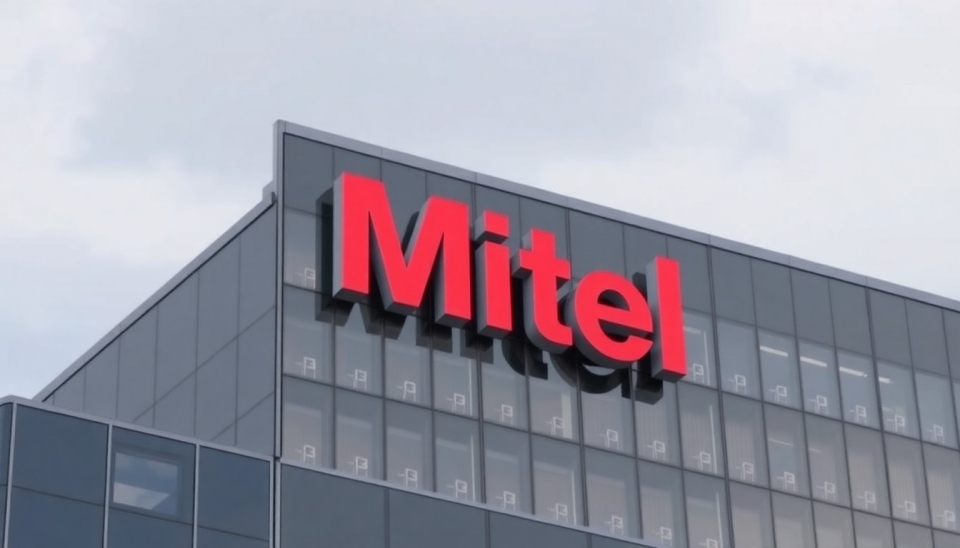
In an important move signaling a commitment to cybersecurity, the Canadian government has officially implemented a ban on the DeepSeek chatbot across all government devices. This decision comes in the wake of escalating concerns regarding data security, privacy, and potential misuse of sensitive information.
The ban on DeepSeek, a popular AI-driven chatbot known for processing vast amounts of data and providing user interactions, was cemented in early February 2025. Authorities expressed that the decision was not taken lightly but is necessary to protect the integrity of governmental operations from possible cyber threats.
This crackdown on DeepSeek aligns with a broader trend observed globally, where governments are becoming increasingly vigilant regarding the technologies they allow on their networks. Canadian officials have emphasized the urgency of overseeing the types of tools and applications that interact with governmental data, indicating that deep-seated risks could arise from unregulated AI technologies.
DeepSeek has gained traction for its user-friendly interface and efficiency in managing inquiries but has raised red flags concerning its data handling policies. Critics have pointed out that the chatbot could potentially gather and misuse sensitive information, leading to unauthorized access or data breaches. Consequently, the Canadian government prioritized safeguarding citizens' data in its latest decision.
In explaining the specifics of the ban, a government spokesperson stated, “We have a responsibility to ensure that any technology we utilize complies with our rigorous security standards and protects citizen data against all potential threats.” This statement reinforces the notion that technology, while immensely beneficial, carries inherent risks that must be carefully managed, especially within governmental frameworks.
In light of these developments, discussions surrounding stringent regulations for AI technologies are gaining momentum. Policymakers are exploring guidelines intended to assess the security and ethical dimensions of emerging technologies before they are adopted within public institutions. This ban may serve as a case study in such discussions, providing context on the challenges governments face in navigating the digital landscape effectively.
The situation has prompted various reactions from industry experts, civil rights advocates, and even the public. While many laud the decision as a proactive step to protect citizens' information, others express concern about the implications for AI development and the accessibility of innovative tools within the public sector.
As Canada moves forward with this ban, it invites other nations to evaluate their own policies regarding AI technologies in government operations. The focus now shifts to developing smarter, more secure frameworks that can adopt similar technologies without compromising the security of governmental and citizen data.
In conclusion, the ban on DeepSeek chatbot highlights a crucial aspect of digital governance today—finding a balance between leveraging technological advancements and maintaining robust security measures. This incident serves as a reminder to both developers and administrators about the paramount importance of data protection in an increasingly digital world.
#Canada #DeepSeek #ChatbotBan #Cybersecurity #DataProtection #AI #GovernmentTech #DigitalGovernance #Innovation #PublicSafety
Author: John Miller



